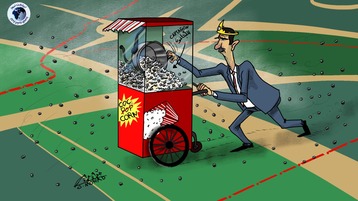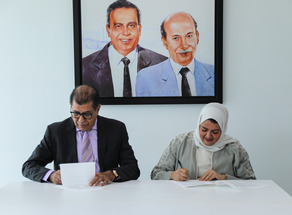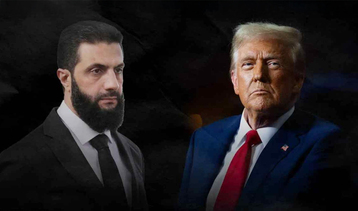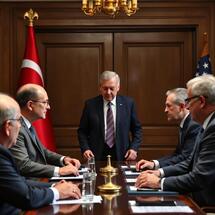-
Strengthening Russian-Iranian Cooperation After the Assassination of Ismail Haniyeh
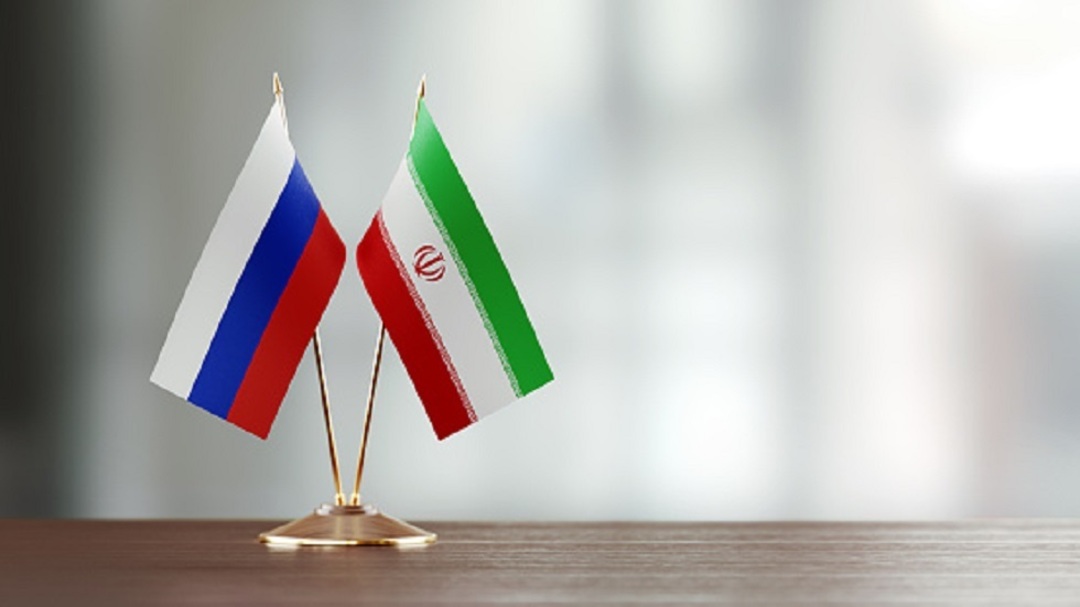
Strengthening Russian-Iranian Cooperation After the Assassination of Ismail Haniyeh
Russian news agency Interfax reported that Sergei Shoigu, the Secretary of the Russian Security Council, arrived in the Iranian capital, Tehran, on Monday for talks with senior Iranian leaders, including President Masoud Pezeshkian.
Interfax mentioned that Shoigu, who was previously the Defense Minister before being transferred to the Security Council in May, would also meet with the head of Iran's National Security and the Chief of the General Staff. Moscow has been working to strengthen its ties with Tehran since the beginning of the Russian invasion of Ukraine and is preparing to sign a comprehensive cooperation agreement with Iran.
Read More :
Mass Escape from Beirut International Airport
In related news, Reuters reported in February that Iran had supplied Russia with a significant number of surface-to-surface ballistic missiles. The United States confirmed in June that Russia was bolstering its defense cooperation with Iran, having received hundreds of attack drones used to bomb Ukraine, although Moscow denied this.
On Friday, Russia joined Iran in condemning the assassination of Ismail Haniyeh, noting the "serious consequences of this act." In this context, an Iranian foreign ministry spokesperson stated on Monday that Tehran does not seek to escalate tensions in the region but believes that punishing Israel is necessary to prevent further instability, following the assassination of Ismail Haniyeh, the head of Hamas's political bureau, in Tehran last week.
Iranian Foreign Ministry spokesperson Nasser Kanaani emphasized that Iran aims to establish stability in the region, but this cannot be achieved without punishing the aggressor and deterring Israel from further adventures. Kanaani urged the United States to stop supporting Israel, pointing out that the international community has failed in its duty to protect regional stability and should support "punishing the aggressor."
The Commander of the Iranian Revolutionary Guard, Hossein Salami, asserted on Monday that Israel "will be punished at the appropriate time." Salami stated that Israel would receive a "crushing response" for the assassination of Haniyeh early Wednesday during his visit to Tehran.
During a speech at a ceremony honoring journalists at the University of the Revolution, Salami said that Israel "assassinated a striving man who was demanding the rights of his people." He noted that Israel "miscalculated by assassinating Haniyeh and will receive a crushing response," adding, "We are facing various events, and they are increasing. There was a time when the powers decided to create events, but today the situation has changed."
These Iranian statements come after the assassination of Hamas's political bureau chief, Ismail Haniyeh, in Tehran in an operation also attributed to Israel. Iran and its allies have vowed to retaliate for this assassination, along with the killing of Hezbollah leader Fouad Shukr in a strike in southern Beirut last week.
The Group of Seven (G7) called for restraint and de-escalation in the Middle East on Monday, saying that recent events "threaten to ignite a broader conflict in the region." The group stated: "We urge all parties once again to refrain from engaging in the current destructive cycle of retaliatory violence, de-escalate tensions, and move constructively towards de-escalation."
Levant News
You May Also Like
Popular Posts
Caricature
BENEFIT Sponsors BuildHer...
- April 23, 2025
BENEFIT, the Kingdom’s innovator and leading company in Fintech and electronic financial transactions service, has sponsored the BuildHer CityHack 2025 Hackathon, a two-day event spearheaded by the College of Engineering and Technology at the Royal University for Women (RUW).
Aimed at secondary school students, the event brought together a distinguished group of academic professionals and technology experts to mentor and inspire young participants.
More than 100 high school students from across the Kingdom of Bahrain took part in the hackathon, which featured an intensive programme of training workshops and hands-on sessions. These activities were tailored to enhance participants’ critical thinking, collaborative problem-solving, and team-building capabilities, while also encouraging the development of practical and sustainable solutions to contemporary challenges using modern technological tools.
BENEFIT’s Chief Executive Mr. Abdulwahed AlJanahi, commented: “Our support for this educational hackathon reflects our long-term strategic vision to nurture the talents of emerging national youth and empower the next generation of accomplished female leaders in technology. By fostering creativity and innovation, we aim to contribute meaningfully to Bahrain’s comprehensive development goals and align with the aspirations outlined in the Kingdom’s Vision 2030—an ambition in which BENEFIT plays a central role.”
Professor Riyadh Yousif Hamzah, President of the Royal University for Women, commented: “This initiative reflects our commitment to advancing women in STEM fields. We're cultivating a generation of creative, solution-driven female leaders who will drive national development. Our partnership with BENEFIT exemplifies the powerful synergy between academia and private sector in supporting educational innovation.”
Hanan Abdulla Hasan, Senior Manager, PR & Communication at BENEFIT, said: “We are honoured to collaborate with RUW in supporting this remarkable technology-focused event. It highlights our commitment to social responsibility, and our ongoing efforts to enhance the digital and innovation capabilities of young Bahraini women and foster their ability to harness technological tools in the service of a smarter, more sustainable future.”
For his part, Dr. Humam ElAgha, Acting Dean of the College of Engineering and Technology at the University, said: “BuildHer CityHack 2025 embodies our hands-on approach to education. By tackling real-world problems through creative thinking and sustainable solutions, we're preparing women to thrive in the knowledge economy – a cornerstone of the University's vision.”
opinion
Report
ads
Newsletter
Subscribe to our mailing list to get the new updates!


